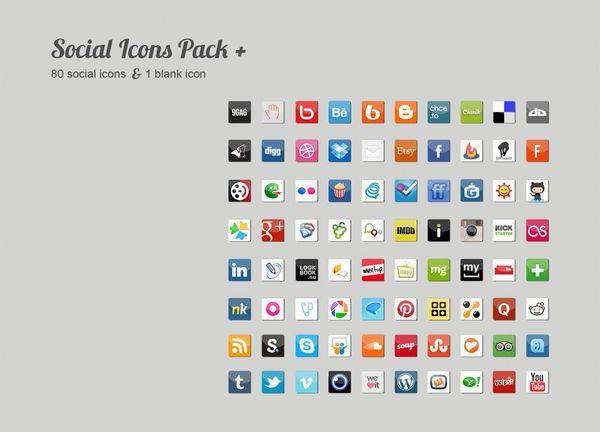Allison Greenfield never liked the bathtub in her primary bathroom or the small shower with glass that was difficult to clean. Spending so much time at home during the pandemic only intensified her eagerness for a bathroom renovation.
“The huge tub wasn’t functional and was taking up so much space,” recalled Greenfield, who lives in Plymouth Meeting. “It had a really small shower, bad lighting and very little storage space.”
Last spring she created her dream bathroom, with dark blue shower tile that stands out in the mostly gray and white room. Special features incorporated by contractor Tom Nguyen of TN Contracting Solutions in Bensaleminclude a large shower with an extra rain head, a niche to hold bath products, and a built-in bench. In addition to a double vanity, she installed a separate makeup station. The bathroom now has layers of lighting and heated floors controlled by a programmable thermostat.
The bathroom has taken on more significance for many people who spent a lot of time home during the pandemic. According to the 2021 U.S. Houzz Bathroom Trends Study, two in five homeowners report using their renovated bathroom for rest and relaxation, with a focus on cleanliness, a lack of clutter, dimmable lighting, and greenery.
These design trends are being influenced by hotel experiences, technology, nature and European trends, according to the National Kitchen & Bath Association (NKBA) Design Trends 2022 study. The study found that millennials are looking for larger showers and storage/dressing areas, energy and water efficiency, connected products for water temperature, and entertainment and communication.
» READ MORE: Zillow’s 2021 design predictions grow out of pandemic trends seen in Philly and nationally
“The bathroom has become a sanctuary, a Zen spa where people can go to decompress,” said Marcello Luzi, managing principal of WPL Interior Design based in Ardmore and the designer of Greenfield’s bathroom.
The median spend for bathroom projects was $8,000, according to the Houzz report. Spending on major renovations, including a shower upgrade, were three times higher than minor renovations — $15,000 vs. $5,000, respectively.
Yet high-end bathroom renovations, including specialized bidet toilets, huge showers with many water sources, and technology that can heat the floors and flush the toilet from your smartphone, can run $25,000 to $100,000, Luzi said.
Private spaces, including separate vanities, often on different walls, have become popular, along with toilets enclosed in their own closets. Showers are bigger and often include multiple layers of water from many showerheads.
» READ MORE: Everyone is doing it: Indulgent baths now the antidote to a packed schedule

Vessel tubs with a sculptural design add artistic beauty. New designs from Americh, launched in October, include uniquely textured tubs created by applying a controlled splatter of resin to the exterior of the tub by hand, that is then smoothed onto the surface.
Technology, installed by specially trained integrators, has become an essential part of the bathroom for many people. Voice activation allows for a hands-free experience, including toilet lids that lift automatically, the ability to start your shower from your phone, bidets that clean without toilet paper and touchless sinks. Homeowners are also installing music, TVs, LED lighting in showers, and smart thermostats to heat the bathroom floor.
Bidets, popular in Europe for many years, will see an anticipated 15% to 20% increase in sales in the next two years, according to the NKBA study. The lack of toilet paper during the pandemic made them much more accepted in the U.S.
“All of the things we talked about before the pandemic, now people are asking for,” said Pamela McNally, vice president of marketing for the National Kitchen & Bath Association, based in Hackettstown, N.J.
» READ MORE: A bathroom without doors? A West Philly apartment tests the market.
Past pandemics also had major influences on bathroom design. The onset of tuberculosis at the turn of the century taught people about germs, both airborne and those that could remain on surfaces.
“Wood is porous and can carry germs, so we moved to enamel for tubs and toilets, eliminating the wood and looking for surfaces that could be cleaned more easily,” McNally said. That included removing carpets, draperies and difficult to clean claw-foot tubs, and installing nonporous white, easily cleanable subway tile, pedestal porcelain sinks, and toilet bowls.
The 1918 flu pandemic spawned the powder room/guest bathroom, because people would come into your home and want to wash up, and you didn’t know where they had been, McNally said. Now, the powder room is closer to the front or side entrance of the house.
Throughout time, while many styles and color palettes have come and gone, classic white tile with chrome finishes remains timeless. Any pattern resembling Carrara marble, even if it’s porcelain or quartz made to look like marble, will also stand the test of time, Luzi said.
For DIYers, a bathroom is often challenging. Someone handy can install tile and vanities, for example, but experience is helpful with layout and space planning, and you should always use licensed electricians and plumbers, Luzi said.
Greenfield is thrilled with her new bathroom. “With various options for lighting, an oversized shower, separate sinks and vanity area, heated floors, and a design reminiscent of an upscale hotel, it is everything we could have hoped for,” she said.
